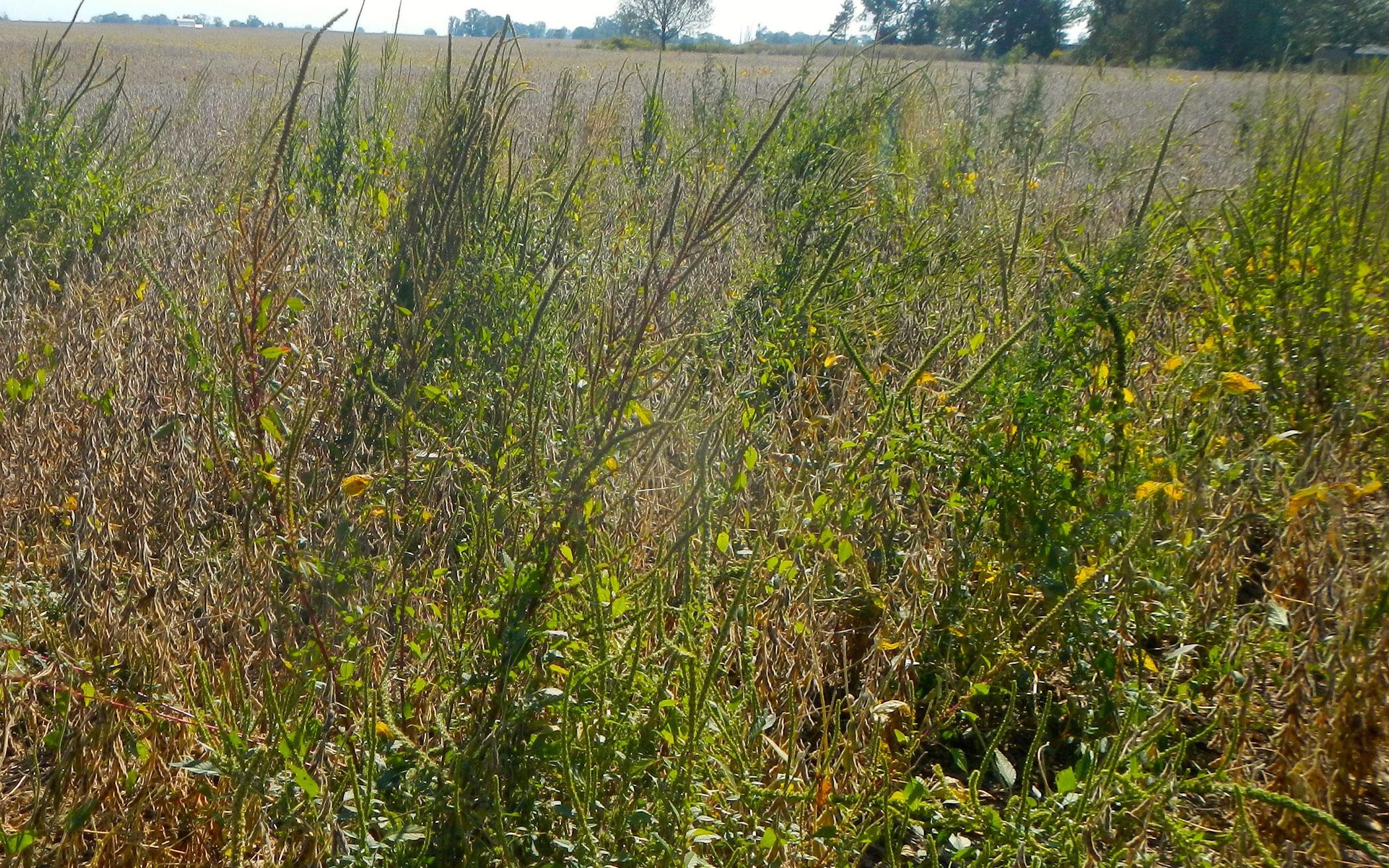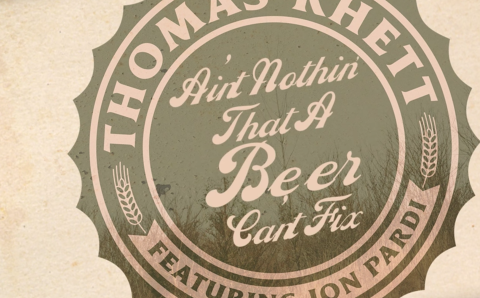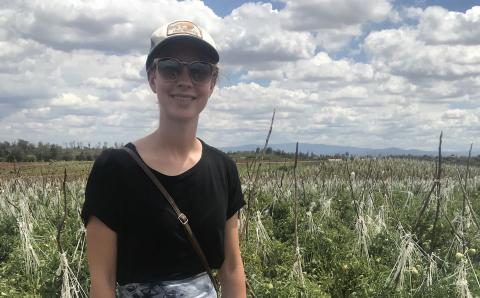I am a bad evangelist. I know this through experience. For instance, many years ago, a coworker saw my Bible on my desk and asked if he could borrow it. Of course, I said, and then waited anxiously, wondering what questions he’d have and if I’d get the Bible back. He returned it, of course. Who would steal a Bible? Handing it over, he asked, “What does that quote you wrote in the front mean?” I had to open the cover and look. There it was, 1 Peter 3:15: “Always be prepared to give an answer for the hope you have.” I wasn’t prepared. My coworker lobbed a fat one as I stood, bat in hand, and watched it sail past. Having not even swung and missed, I stammered a brief explanation of the text but never explained my hope. Decades later, I still remember my coworker’s confused look.
Another time, I found myself volunteering at a huge arena-evangelism event to counsel people who answered the altar call. Responders were slow to appear, but eventually a man led a teenage boy toward me. I congratulated the young man and began to ask him a few questions. But my training failed when the boy only shrugged in response. Finally, the other adult stepped in and without a script guided the conversation. I rallied enough to lead our little circle in prayer and send the boy off with a hug and a handful of literature.
My evangelistic challenges don’t end with casual friends and strangers. I’m better at sharing the reasons for my hope with people close to me. Still, some of the people I care most about care hardly at all about Jesus. They’re good people. They often love their neighbors in ways I fail to. They just don’t engage with Jesus or his church.
Judging by the empty seats in my congregation’s auditorium and the statistical decline in church attendance, I suspect I’m not the only bad evangelist. This is not to say that the Holy Spirit doesn’t use our churches or even individuals like me to introduce people to Jesus, but I do wonder what’s wrong. Have we made the gospel less compelling than it was when the apostles sprouted churches across their known world? Is our message at fault?
Perhaps. While we can’t control how people respond to the gospel, we can control our message. Jesus sends 72 disciples out with a message remarkably different than the script I recited during my brief arena experience. Jesus tells them to announce the coming of God’s kingdom (Luke 10). Later in the New Testament, Paul’s letters urgently announce a coming reality where God makes sin-dead people into new creatures fit for his new creation. Compare that to our go-to evangelistic catchphrases. It’s worth considering how well we proclaim a God-is-near message today.
But even if we have the message right, even if we live it as much as we tell it, there’s still the troubling fact that not all respond. Jesus considered this, too, telling his first evangelists that if a town didn’t welcome them they should shake its dust from their feet as a warning. But, he said, be sure of this: “The kingdom of God has come near.” The kingdom’s coming isn’t always easy to see or understand.
Just like me, those first evangelists struggled to understand. Between the stories of Jesus sending the Twelve and then the 72, we read about messengers returning from a Samaritan town that rejected the disciples and their message. Perhaps they hadn’t heard the instructions on dust-shaking; perhaps they thought it didn’t apply to Samaritans. But the disciples suggested to Jesus that they could call down fire on those unbelievers (Luke 9:51-56). Jesus, the one who comes to save, not destroy, rebuked them. The kingdom is God’s kingdom, not ours. God determines its outcome. God brings it.
This isn’t the first time Jesus points this out. He begins his preaching ministry with a story about a farmer casting seeds. Some seeds never get a chance; some grow and struggle; some wither; others grow to fruitful maturity. Same seeds, same farmer, different soil.
What can a bad evangelist take from this story? We’re not told to refine our seed-tossing skills, or to avoid the rocky ground, or to head to the garden center for fertilizer. Jesus presses his point with more stories. In one, the farmer plants the seed and, night and day, it grows, even though the farmer doesn’t know why. In another, a tiny mustard seed grows into a tree, a shelter for birds and their babies. The first story matches our expectations. The next two reveal the mystery of growth. Jesus begins these two stories with “The kingdom of God is like ...”. The first story is the way things are. The others reveal the way things will be.
Mercifully, Jesus is not only a storyteller. Unlike us, he announces the kingdom and he brings it. His tools of persuasion are a cross and an empty tomb. He’s the living proof that God’s kingdom has come. The two retreating to Emmaus see it as their dinner guest breaks bread. Peter grasps it when his nets stretch with fish. Three thousand people hear it while a handful of strangers preach on Pentecost. Saul of Tarsus believes it when he’s knocked back on his zealous heels. You know it when the Spirit awakens you in a taste of bread, a sermon, a book, or the witness of a trusted friend.
When will those tossed seeds sprout? When will our prayers over empty pews and indifferent loved ones bear fruit? Does it depend on us? We must spread the correct seed; we must proclaim the true good news. We often manage to muck it up, to reduce it to morality, to conflict it with false witness. Still, Jesus’ seed stories suggest that the fruitfulness of each seed depends on conditions beyond us. Evangelists—good or bad—are absent from the story.
Faced with that message, one might conclude that our hope and prayers are little more than wishful thinking. Instead, God’s Word announces this certain hope: Someday, “every knee will bow, ... and every tongue acknowledge that Jesus Christ is Lord, to the glory of God the father” (Phil. 2:10-11). One day, in spite of all the bad evangelists, God’s salvation will be revealed and received. God’s kingdom stretches beyond human imagining.
Paul demonstrates kingdom imagining in Romans 11 when he concludes his long argument for a salvation that includes Jews and Gentiles alike, declaring, “God has imprisoned everyone in disobedience so that he could have mercy on everyone” (Rom. 11:32, NLT). Then Paul turns from theology to song. “Oh, the depth of the riches and wisdom and knowledge of God! How unsearchable his judgments and his paths beyond tracing out!” (Rom. 11:33).
How will God be merciful to all? What about the wasted seed, the wilted plants among the rocks, the thistle-choked, the seed snatched by the bird’s beak? Paul’s swing into song suggests a big, hopeful reading. So now, when someone asks me about the reason for my hope, I abandon scripts and try to explain the wonder of God’s love in Jesus and its unsearchable depths that I find myself swimming in.
Discussion Questions
- Have you ever had an evangelistic opportunity, like the author? What happened and how did you feel?
- How do you feel about evangelism? Do you practice it? Or are you fearful of failing?
- How would you explain or describe the wonder of God’s love in Jesus to someone who doesn’t know it? What stories or ideas would you use?
- What motivates us to evangelize?
About the Author
Robert Vander Lugt owns a hardware business and is a member of East Paris Christian Reformed Church in Grand Rapids, Mich.








